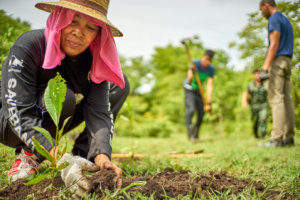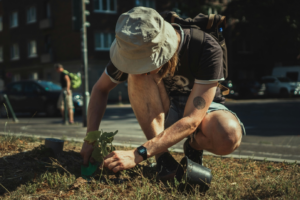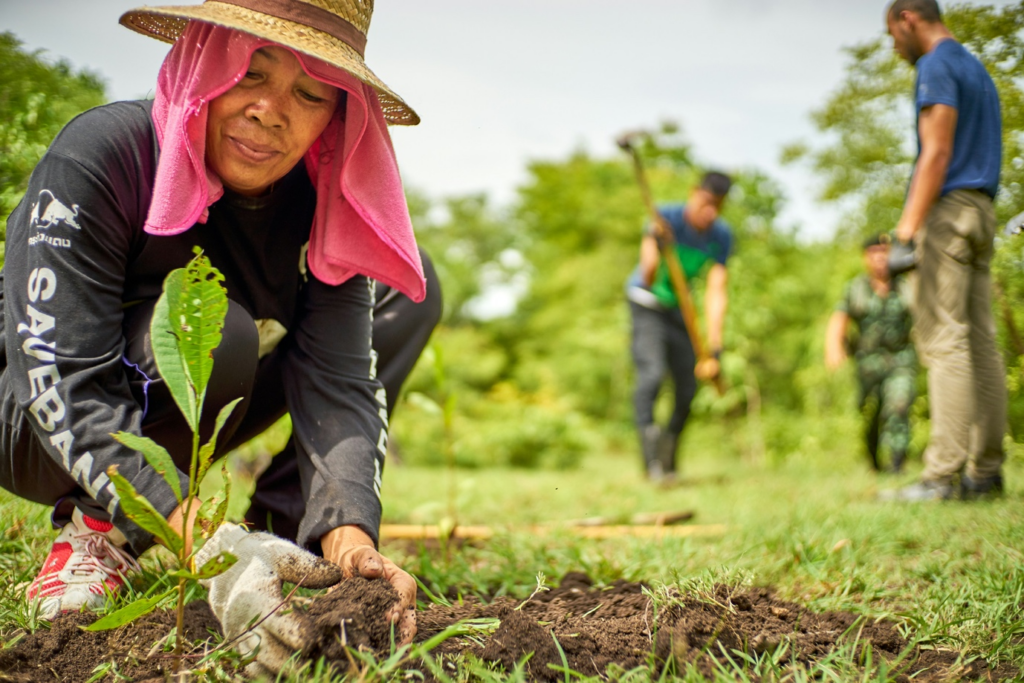
Together, we can tackle climate change and protect our planet’s future.
In an age where the consequences of climate change and environmental degradation are more visible than ever, understanding the latest developments in environmental news and adopting sustainable practices is essential. This article delves into critical environmental updates and offers practical tips to help you live more sustainably.
The Urgency of Environmental Awareness
The Current State of Our Planet
The health of our planet is a topic of increasing concern. Rising global temperatures, melting ice caps, and unprecedented pollution are alarming signs that necessitate immediate action.
Climate Change
Climate change is no longer a distant threat but a present reality. Extreme weather events like hurricanes, wildfires, and droughts have become more frequent and severe. The need to mitigate and adapt to these changes is critical for the survival of future generations.
Pollution
From plastic waste clogging our oceans to air pollution in urban areas, pollution is a pervasive issue affecting all corners of the globe. Addressing pollution requires both global cooperation and local action.
The Role of Media in Environmental Awareness
The media plays a vital role in shaping public perception and awareness of environmental issues. The media can drive positive change and encourage sustainable practices by highlighting the latest research, reporting on policy changes, and showcasing innovative solutions.
Key Environmental News
Renewable Energy Advancements
Renewable energy sources are essential for reducing reliance on fossil fuels and combating climate change. Recent solar and wind energy advancements have made these options more viable and accessible
Solar Power
Solar power has seen significant advancements in efficiency and affordability. Innovations in solar panel technology and large-scale solar farms are making it possible to harness the sun’s energy more effectively than ever before.
Wind Energy
Wind energy is another crucial component of the renewable energy landscape. Offshore wind farms and improved turbine designs are increasing the capacity and reliability of wind power.
Conservation Efforts
Conservation efforts are vital for preserving biodiversity and protecting natural habitats. Initiatives focused on wildlife protection and ocean clean-up projects are making a tangible difference.
Wildlife Protection
Wildlife protection programs aim to safeguard endangered species and restore their habitats. Efforts such as anti-poaching initiatives and conservation breeding programs are crucial for maintaining biodiversity.
Ocean Clean-Up Projects
Plastic pollution in our oceans is a significant environmental issue. Innovative projects like The Ocean Clean-up aim to remove plastic waste from the seas, preventing further harm to marine life.
Policy Changes and Government Actions
Governments around the world are enacting policies to address environmental issues. These actions are essential for driving large-scale change, from carbon taxes to bans on single-use plastics.

Stay informed on the latest environmental developments and practical tips for sustainable living.
Practical Sustainability Tips
Reducing Carbon Footprint
Reducing your carbon footprint is one of the most effective ways to combat climate change. Simple changes in your daily routine can make a significant impact.
Energy Efficiency
Improving energy efficiency in your home can reduce your carbon footprint and lower your energy bills. Consider using energy-efficient appliances, LED lighting, and smart thermostats.
Sustainable Transportation
Opting for sustainable transportation methods, such as biking, walking, or public transit, can significantly reduce carbon emissions. Electric vehicles are also becoming more accessible and are a great alternative to traditional cars.
Waste Reduction
Reducing waste is crucial for minimising environmental impact. By adopting recycling, upcycling, and composting practices, you can significantly decrease the amount of waste you produce.
Recycling and Upcycling
Recycling involves processing materials to create new products, while upcycling transforms waste materials into items of higher value. Both practices are essential for a sustainable lifestyle.
Composting
Composting organic waste, such as food scraps and yard trimmings, reduces landfill waste and creates nutrient-rich soil for gardening. It is a simple yet effective way to contribute to a healthier environment.
Water Conservation
Water is a precious resource that must be conserved. Implementing smart water usage practices and exploring methods like rainwater harvesting can help reduce water waste.
Smart Water Usage
Simple changes like fixing leaks, using water-efficient fixtures, and mindful watering plants can significantly reduce water consumption.
Rainwater Harvesting
Rainwater harvesting involves collecting and storing rainwater for later use. This method can reduce reliance on municipal water supplies and lower water bills.
Conclusion
Our planet’s health depends on our collective efforts to stay informed and adopt sustainable practices. By staying updated on environmental news and implementing practical tips, you can contribute to a greener tomorrow.
FAQs
- What is the most effective way to reduce my carbon footprint?
Improving energy efficiency and opting for sustainable transportation methods are the most effective ways to reduce your carbon footprint.
- How can I start composting at home?
Start by collecting organic waste, such as food scraps and yard trimmings, and create a compost pile or use a compost bin. Turn the compost regularly to speed up the decomposition process.
- What are the benefits of using solar power?
Solar power reduces reliance on fossil fuels, lowers electricity bills, and decreases greenhouse gas emissions.
- How can I contribute to ocean clean-up efforts?
You can participate in local beach clean-ups, support organisations focused on ocean clean-up, and reduce plastic use to prevent waste from reaching the oceans.
- What are some easy water conservation tips?
Fixing leaks, using water-efficient fixtures, and collecting rainwater for irrigation are simple yet effective ways to conserve water.



